From entertainment to politics, cultural conversations in the United States nowadays often focus on how society can better reflect the diversity of the population. It’s no different in healthcare or in medical education. While the American Association of Medical Colleges (AAMC) reports that the most recent intake of medical students was its most diverse yet, the truth is, there’s still a long way to go. Medical schools and in healthcare workforces do not reflect the racial, cultural, or socioeconomic diversity of the U.S. population at large. In addition to shutting out potentially talented professionals from these under-represented backgrounds (URBs), this lack of diversity can contribute to poorer outcomes for patients, too.
At Tiber Health, we’re dedicated to supporting URB students who want to become physicians (or dentists, or podiatrists, or other healthcare professionals). This article looks at some of the reasons why diversity in the health professions is critical to quality care, with a focus on just one aspect of identity: race and ethnicity.
Medical Students and Medical Professionals Don’t Reflect the U.S. Population
This table shows how the most recent class of medical school matriculants (2021-22) and the physician workforce (2018, the most recent year for which data was available) compares to the U.S. population by race (2020):
| Race/Ethnicity | U.S. Population | New Medical Students | Physicians |
| (Source: U.S. Census) | (Source: AAMC, p. 13) | (Source: AAMC) | |
| White (not Hispanic/Latino) | 59.3% | 51.5% | 56.2% |
| Asian | 6.1% | 26.5% | 17.1% |
| Hispanic or Latino | 18.9% | 12.7% | 5.8% |
| Black or African-American | 13.6% | 11.3% | 5.0% |
| Native American/Native Alaskan | 1.3% | 1.0% | 0.3% |
Clearly Black, Latino, and Native individuals are underrepresented in both medical schools and the medical profession. Why does this matter?
Health Inequities Harm Patients
There are long-standing gaps in access to quality care for people from all URBs, particularly people of color (POC). The Kaiser Family Foundation (KFF) reports that people from under-represented racial and ethnic backgrounds are much more likely than white people to:
- Avoid or delay healthcare due to cost
- Have inadequate health insurance or no health insurance
- Report having chronic conditions like diabetes, asthma, and heart disease
- Die prematurely
The COVID-19 pandemic offers insight into these disparities. An August 2022 report from KFF shows that, even accounting for age, white people were less likely to be infected with COVID or experience long-term complications or death compared to POC—especially Native Americans, who were twice as likely to die from COVID as their white counterparts.
These health disparities are not just unfair: they also have long-term implications for the well-being of the country. With POC expected to be the overall majority of the population by 2045, allowing health disparities to persist means risking a decline in the nation’s wellness, productivity, and overall quality of life.
A More Diverse Workforce Helps Improve Outcomes for Patients from URBs
Researchers have begun to study the impact of racial representation in the health professions on patient outcomes. One 2018 study that focused on Black male patients—historically a group with the lowest life expectancies in the U.S.—found that when they consulted a Black male physician for preventive screening at a clinic instead of one from another race, they were more likely to:
- Agree to receive a flu shot
- Undergo a diabetes screening
- Undergo a cholesterol screening
- Talk at length about health issues or other problems
While the patients rated doctors of any race as about equally qualified, they indicated that they were more comfortable communicating with doctors who were more like them.
How We’re Helping Address This Systemic Issue
It’s possible that doctors of all races can be trained to be more effective and empathetic communicators across cultures. But long-standing cultural biases, such as false notions about biological differences in the thickness of Black people’s skin, mean that an extensive amount of cultural competency training is necessary. Bringing more doctors from URBs into the system can help raise awareness about cultural issues among the broader physician workforce even as it helps raise the quality of care for patients from URBs.
Our MSMS programs are for all students, but their focus is on helping talented and committed students from URBs achieve their medical career goals. 83.68% of the current MSMS student body across all Tiber partner universities is diverse. 82% of our students have gone on to study medicine at a professional school. By partnering with schools recognized for their diversity, we’re helping URB students gain access to quality graduate education, career coaching, and personal support that they might not have been able to take advantage of as undergraduates. With this additional preparation, they can go on to become the physicians and healthcare professionals every community needs—now and in the future.



